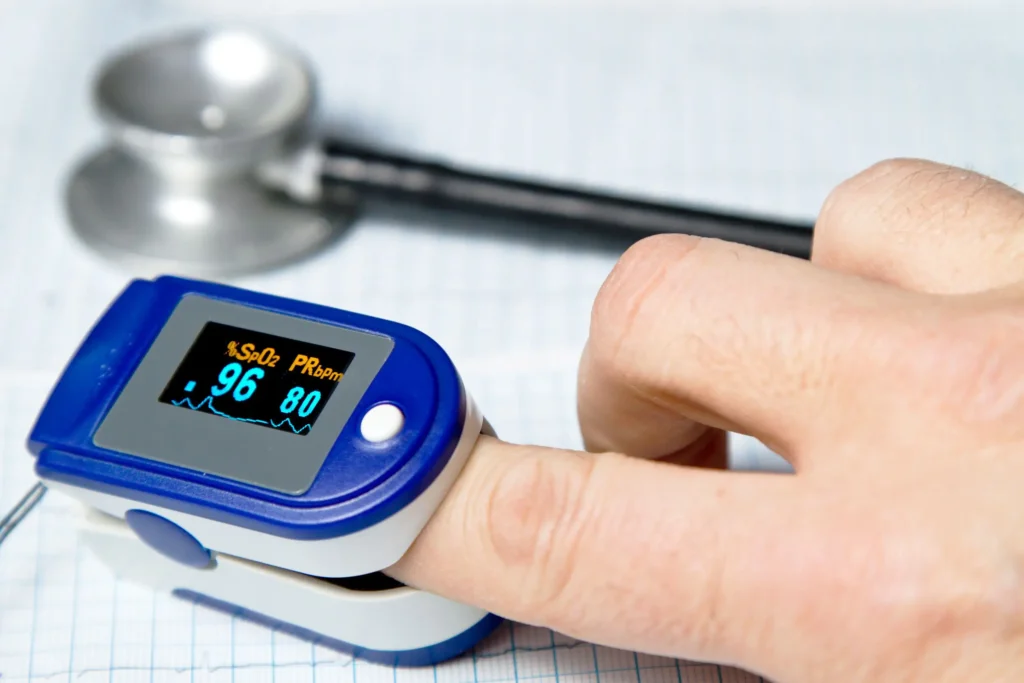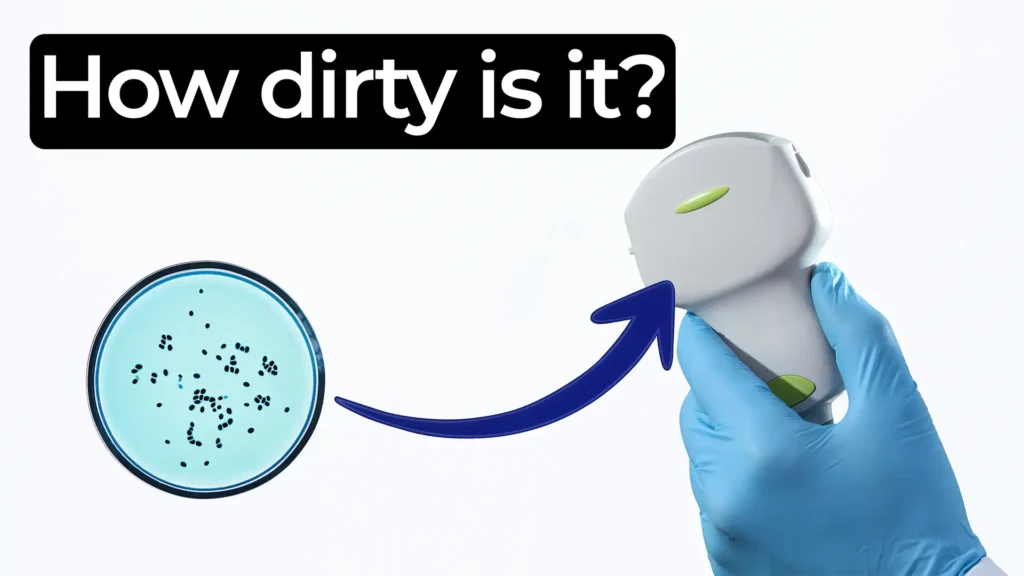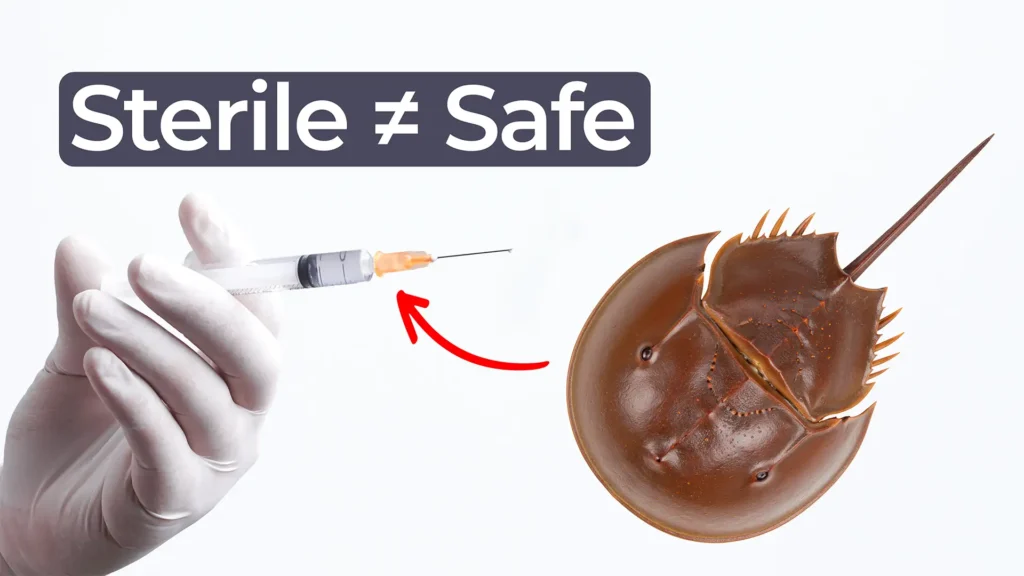
Cystic Fibrosis Therapy Device Uses Voice Coil Technology to Improve Mobility
In this episode of MedDevice by Design, Mark Drlik and Ariana Wilson share the story behind a novel cystic fibrosis therapy device that transformed a cumbersome hospital-grade system into a lightweight, wearable solution. The innovation journey begins with a prototype and ends with the Hillrom Monarch system—a commercially available device that enhances patient quality of life.
From Pneumatics to Portability
Traditional chest wall oscillation therapy for cystic fibrosis patients involves large pneumatic generators and bulky vests. While effective, these systems are noisy and restrict movement, making them challenging for home use. To address this, Mark and his team developed a new solution based on voice coil technology—a compact, precise, and quiet alternative.
Instead of relying on air-driven percussion, the redesigned device uses voice coils to deliver targeted chest wall oscillation. Patients can move freely while receiving therapy, improving both comfort and adherence.
How It Started: Prototype to Product
The project began when innovator Martin DeVlieger brought an early concept to StarFish Medical. The team refined the idea through engineering design, prototyping, and collaboration. Eventually, the technology was acquired by Hillrom and became the Monarch Airway Clearance System—now making a real impact in the lives of people with cystic fibrosis.
Why This Matters for MedTech
This episode highlights the importance of user-centered design in creating therapy devices that truly meet patient needs. It also underscores the value of strategic partnerships in bringing groundbreaking innovations to market.
Whether you’re an engineer, entrepreneur, or caregiver, this story offers insight into the development of cystic fibrosis therapy devices that combine technical performance with everyday usability.
Enjoying MedDevice by Design? Sign up to get new episodes sent to your inbox.
Related Resources

Electrocardiography (ECG) remains the gold standard for non-invasive cardiac assessment, providing a vital window into the heart’s electrical health. By recording electrical impulses through surface electrodes, clinicians can identify life-critical conditions such as arrhythmias, myocardial infarctions, and conduction abnormalities.

Wearable medical and wellness devices are increasingly commonplace in the healthcare field. For example, devices such as smartwatches incorporate sensors to provide continuous health tracking data to their users.

Nick and Nigel explore how much bacteria can exist on devices and why it matters. They explain that bacteria are everywhere.

